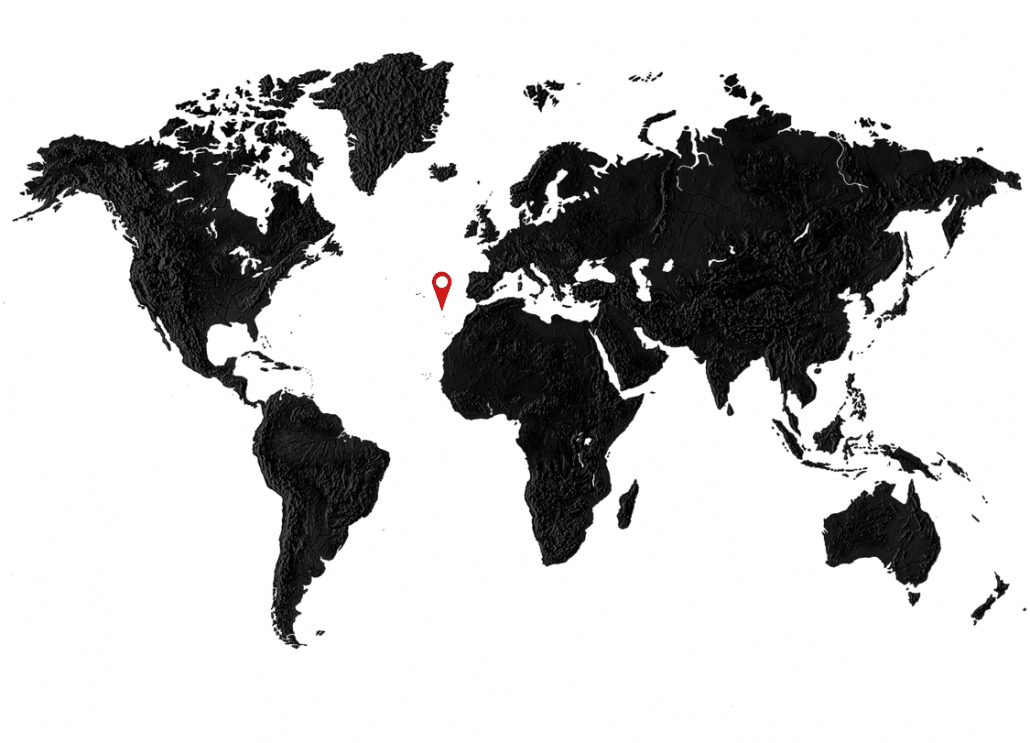Portugal is known for its foreign-friendly property laws, making it an attractive destination for American buyers. Americans can buy real estate in Portugal relatively seamlessly, but there are some important steps and considerations to keep in mind. Here’s an overview of the process:
1. Legal Framework
– No Restrictions: There are no restrictions on foreigners, including Americans, purchasing property in Portugal. The process is straightforward and similar to that for Portuguese citizens.
2. Getting a Fiscal Number (NIF)
– NIF Requirement: Before purchasing property, you must obtain a Portuguese tax identification number (Número de Identificação Fiscal, or NIF). This can be done through the local tax office in Portugal, online, or via a legal representative.
3. Opening a Portuguese Bank Account
– Bank Account: While not strictly necessary, it’s highly advisable to open a Portuguese bank account to handle the financial transactions involved in purchasing the property. This makes the process smoother and helps avoid currency exchange issues.
4. Property Search and Due Diligence
– Engage a Real Estate Agent: It’s recommended to work with a brokerage, especially one that understands the needs of international buyers. Pérola specializes in helping you find properties that fit your criteria and assisting with negotiations.
– Legal Checks: Hire a lawyer to conduct due diligence, ensuring the property has clear title and there are no legal encumbrances. The lawyer will also help with the purchase contract (Contrato de Promessa de Compra e Venda).
5. Financing
– Mortgage Options: If you need financing, several Portuguese banks offer mortgages to foreign buyers. It is customary to be able to secure between 65 to 80% loan off the property value.
6. Promissory Contract (CPCV)
– Down Payment: Once you find a property and agree on the price, you’ll sign a promissory contract and typically pay a 10-30% deposit. This contract binds both parties to the sale.
7. Final Deed (Escritura)
– Notary and Registration: The final step is the signing of the deed (Escritura) in front of a notary. The notary ensures all legal requirements are met. After signing, the deed is registered with the local Land Registry, officially transferring ownership.
8. Taxes and Fees
– IMT (Property Transfer Tax): Paid before the final deed, the rate varies based on property type and value.
– Stamp Duty: 0.08% of the purchase price.
– Annual Property Tax (IMI): Ongoing, with rates depending on the property’s location and value.
9. Post-Purchase
– Property Management: If you don’t plan to live in Portugal year-round, consider Pérola’s management service to handle maintenance, rentals, or other concerns.




